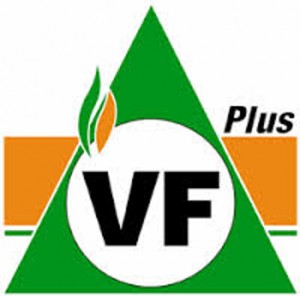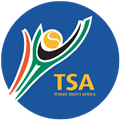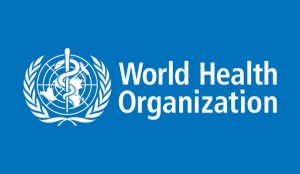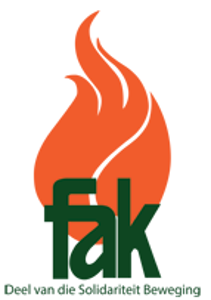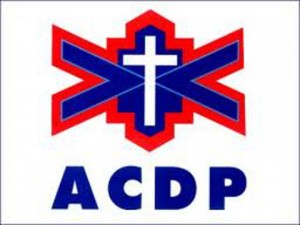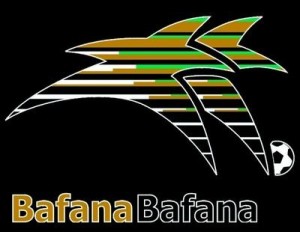We have this incredible recipe. The food tastes absolutely fantastic. I think that’s why it works everywhere we go and Africa’s no different.”
During January, ‘CNN ‘Marketplace Africa’ is airing a series of episodes featuring four of the biggest global brands in Africa.
Each week, the programme will focus on operations of a brand on the ground, to show how it deals with infrastructural and logistical challenges that exist on the continent, and how it positions its brand to appeal to African consumers.
‘Marketplace Africa’ will also have FaceTime interviews with CEOs from each company to discuss how their strategy for Africa ties into the overall global strategy.
Kick-starting the month is one of the world’s largest fast food chains, Kentucky Fried Chicken.
With nearly 20,000 restaurants worldwide and more than 1,000 locations on the continent, KFC has the biggest presence of any fast food chain in Africa. Most of the restaurants on the continent are found in South Africa but the brand is continuing to expand in other countries in Africa.
To discover what lies behind KFC’s success, Samuel Burke interviews Roger Eaton CEO of KFC for the FaceTime element of the programme, and Eleni Giokos reports from Nigeria to see how the brand is building a presence beyond South Africa.
There are over 700 KFC locations in South Africa, which is about 80 per cent of its restaurants in Africa.
This success is no surprise to Eaton, who believes the KFC model is its strength, telling ‘Marketplace Africa’: “I think it just comes back to the fantastic taste of the food. We have this incredible recipe. The food tastes absolutely fantastic. I think that’s why it works everywhere we go and Africa’s no different.”
Continued expansion of KFC across Africa is the proposed aim and business plan, as Eaton tells ‘Marketplace Africa’: “We’re slowly moving north. So we’ve been quite strong in the surrounding countries, so when you look at our performance in Namibia, Botswana, Swaziland, Lesotho, all of the close-in countries, we’ve had experience. As we go a little further, Angola, we’ve been able to go back into Zimbabwe, that’s helping, but now you see us push back in Ghana and Nigeria, and much further North, Uganda. That’s been the growth story and we’re very confident.”
Eaton describes what he sees as the most important challenges KFC faces in expanding across Africa, telling ‘Marketplace Africa’: “I think the first most important question is can we access the products we need to meet the standards we have. I think that’s absolutely critical. I think the second thing is how we make the food affordable to the consumer in those countries.”
Listening to the consumer is key to Eaton, who tells Burke: “Whatever the consumer are saying we need to do, we’re focused on working towards getting exactly whatever it is they want.”
One recent consumer shift which Eaton comments on is an increased interest in food content. He sees this as a positive thing for KFC telling ‘Marketplace Africa’: “One of the big things that’s not understood about KFC, surprisingly, is how much work we’ve put into getting fresh chicken into our stores and hand-breading it, and the amount of work that we do around that is what’s generating the taste.”
Expansion in Africa’s largest economy, Nigeria, provides a great opportunity for the brand. Eaton tells Burke and ‘Marketplace Africa’: “Massive population, great income levels, very exciting, we got more and more people able to come into our customer base and afford our food.”
In Nigeria, KFC – the world’s largest fried chicken company – has taken the local approach, listening to the consumer, leading to an improvised dish of jollof rice, a spicy dish native to West Africa. From a KFC restaurant in Lagos, Managing Director Doug Smart tells CNN’s Giokos that in Nigeria, jollof rice is just as important as the fried chicken.
Smart tells the programme: “If you take KFC around the world we look at local content. Over here it’s jollof rice, in SA it’s a maize porridge called pap. In Kenya we’ve taken a twist on that and we’ve taken maize porridge, turned them into balls and deep-fried them with the original recipe breading.”
Expansion in Nigeria has not come without problems for KFC. The Nigerian economy is expected to show growth of four per cent in 2015, down from six per cent the year before. As this growth slows, demand for KFC has also taken a knock with sales down in Nigeria by fourteen per cent in 2015.
The question of affordability also looms. An average KFC meal in Nigeria costs four times more than in other developed markets.
Thebe Ikafaleng, founder and CEO of Brand Africa, an independent non-profit organisation tells Giokis: and ‘Marketplace Africa’: “Africa’s middle class is growing very fast and high net worth individuals are the second fastest growing in the world. But in a continent where people live on $2 a day, I think a meal that costs more than that for a once off sitting is a bit of a luxury. The challenge for many of these brands is to be able to be affordable.”
‘CNN Marketplace Africa’, Friday 8 January at 1815 on CNN International

